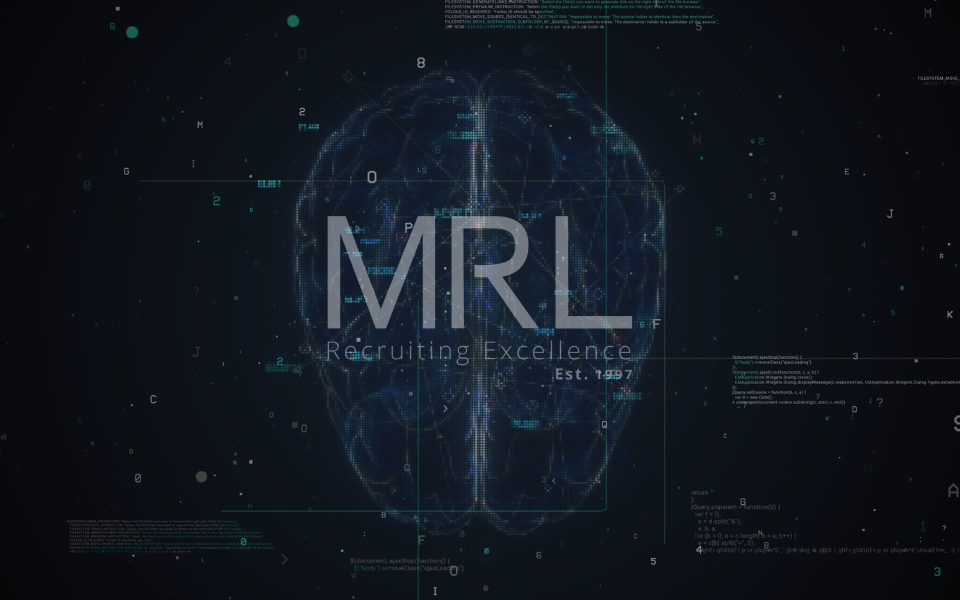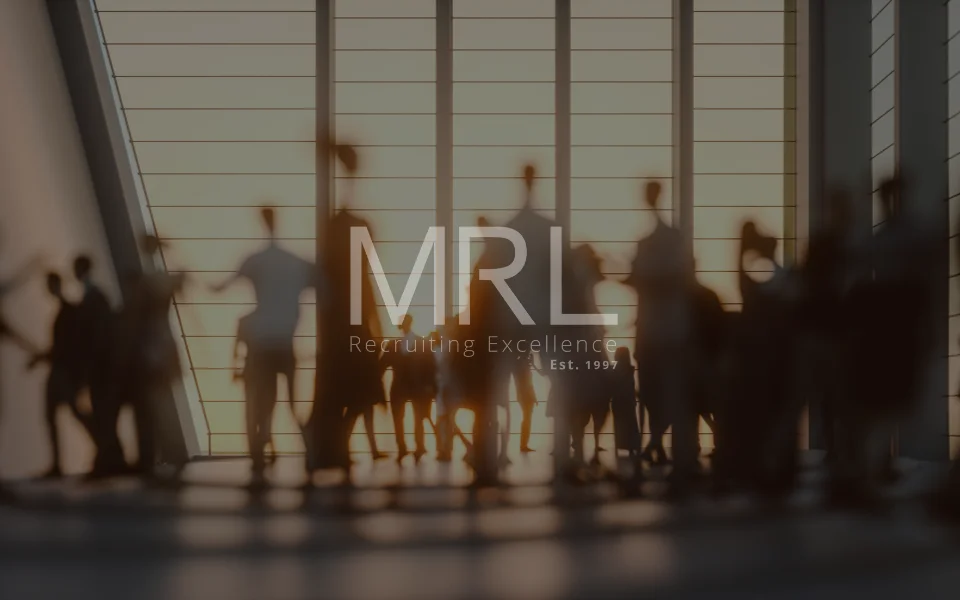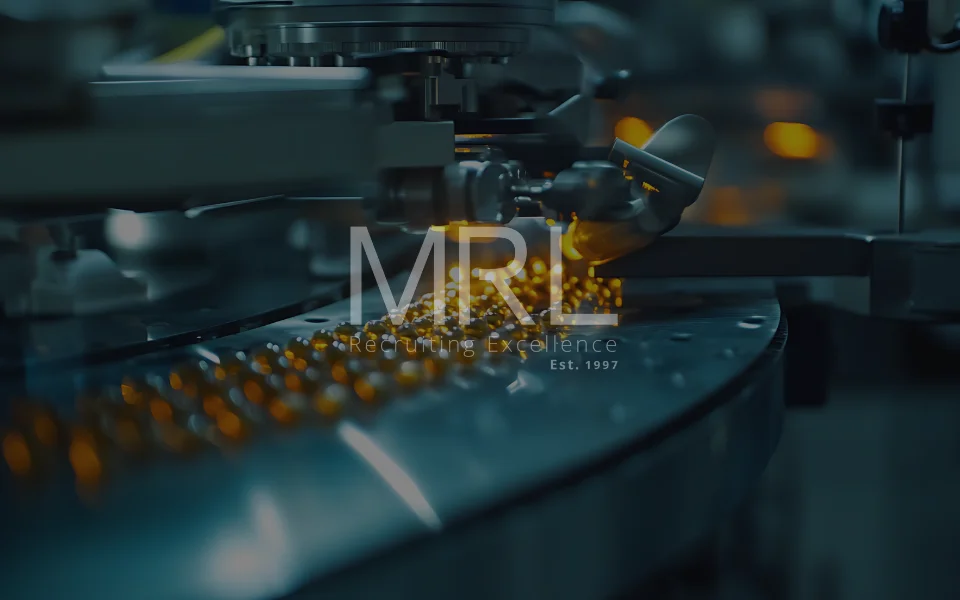How is Deep Learning Used in Medical Imaging?
30 Oct, 20235 minutesHow is Deep Learning Used in Medical Imaging?In the healthcare industry, technological innov...

How is Deep Learning Used in Medical Imaging?
In the healthcare industry, technological innovations are constantly reshaping the way we approach medical diagnoses and treatment. The integration of deep learning, a subset of artificial intelligence, is at the forefront of revolutionizing medical imaging.
In this article, MRL explores medical imaging, shedding light on the remarkable influence of deep learning in this field and how it stands to redefine healthcare as we know it.
What is Medical Imaging?
Before delving into the disruptive force of deep learning in medical imaging, it's essential to understand the discipline itself. Medical imaging encompasses the visualization of internal bodily structures for diagnostic and therapeutic purposes. Various techniques, including X-ray, MRI, CT scans, and ultrasound, serve as indispensable tools for healthcare professionals. These imaging modalities are instrumental in early disease detection, monitoring treatment efficacy, and guiding surgical interventions.
How is Deep Learning Used in Medical Imaging?
Deep learning, as a subset of AI and machine learning, introduces a paradigm shift in the analysis of medical images. This technique leverages neural networks with multiple layers to scrutinize intricate data, providing a level of precision that surpasses human capabilities. In the context of medical imaging, a deep learning algorithm can offer unparalleled accuracy.
These machine-learning methods excel at image classification, anomaly detection, organ or structure segmentation, and even predicting disease progression. Such precision in medical image analysis is pivotal in revolutionizing the diagnostic process.
How Can Deep Learning Be Utilized in Medical Imaging?
The applications of deep learning in medical imaging are far-reaching and multifaceted. They range from automating image interpretation to optimizing the identification of anomalies, thus reducing both the workload of healthcare professionals and the risk of human error. Whether it involves the identification of tumors in radiology or the segmentation of organs in MRI scans, deep learning brings automation to complex and repetitive tasks, allowing medical practitioners to focus on critical aspects of patient care.
Furthermore, deep learning has the potential to facilitate early disease detection, enabling more effective treatment interventions. By scrutinizing extensive datasets of medical images, these algorithms can discern subtle signs and patterns, often before they manifest visibly. This pattern recognition and early detection translates to swifter and more successful treatments, enhancing patient outcomes.
Benefits of Integrating Deep Learning & Medical Imaging
The combination of deep learning and medical imaging has many potential benefits. Foremost among them is the substantial enhancement of image analysis accuracy. The meticulous nature of deep learning algorithmic medical image computing reduces the risk of misdiagnosis, empowering healthcare professionals to make well-informed decisions.
Moreover, artificial intelligence expedites the image recognition and analysis process, significantly reducing diagnosis time. This rapid diagnosis is invaluable, particularly in cases where early intervention is imperative.
Potential Applications of Deep Learning in Medical Imaging
The potential applications of a robust machine learning algorithm system in medical imaging are extensive. From early cancer detection to the monitoring of disease progression, the impact is profound.
Deep learning can assist in identifying and characterizing tumors, indispensable in the realm of oncology. It can also track the progression of neurodegenerative diseases, such as Alzheimer's or Parkinson's, by analyzing changes in brain images over time. Furthermore, deep learning methods have the potential to revolutionize personalized medicine by tailoring treatment plans to an individual's unique needs and genetic makeup.
Interested in Pursuing a Career in This Area?
The integration of machine learning in medical imaging is poised to redefine the healthcare landscape. It promises to deliver more accurate diagnoses, timelier interventions, and healthcare tailored to individual needs.
If you’re interested in being on the cutting edge while potentially improving the lives of countless individuals, this may just be your field. At MRL, we specialize in collaborating with prominent pharmaceutical companies and key players in the life sciences field. So whether you're looking for your next career challenge or exploring exciting job opportunities in this rapidly progressing industry, our dedicated team of consultants are committed to supporting you throughout the entire process. Get in touch with us today and discover how we can assist you in achieving your professional aspirations.




